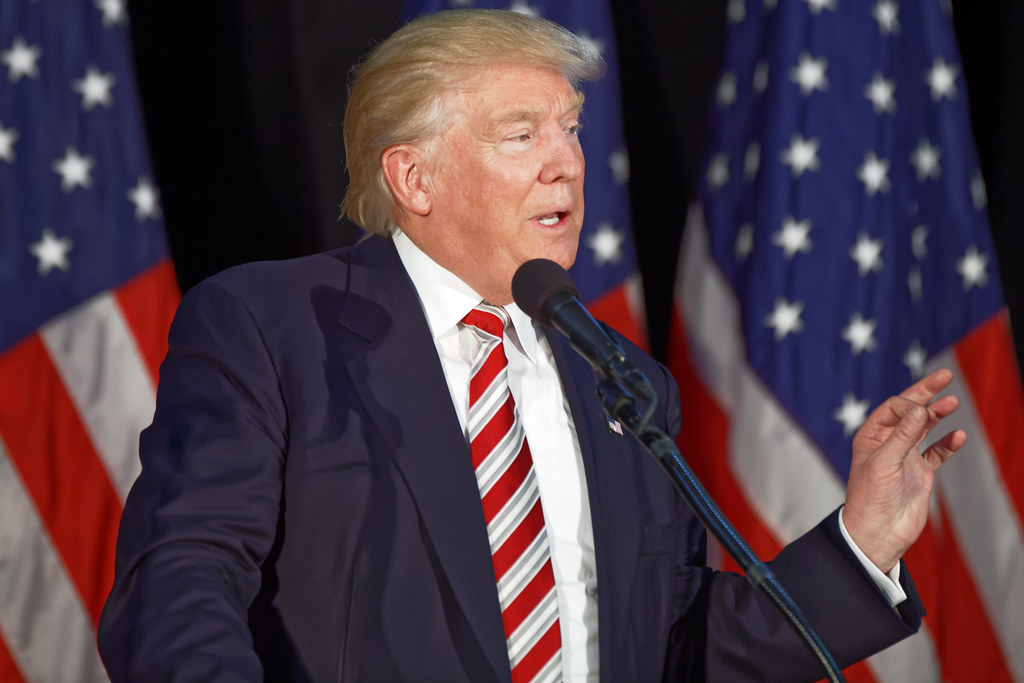Key Takeaways:
• The Trump administration plans to expand nonprofit investigations into left-leaning groups.
• Officials link these groups to the suspect who killed Charlie Kirk at a public debate.
• Major foundations like Open Society and Ford Foundation deny any wrongdoing.
• Experts warn this move could threaten free speech and nonprofit rights.
• The debate raises questions about transparency, donor privacy, and democracy.
Trump Plans Nonprofit Investigations: What You Need to Know
In early September, a man shot and killed Charlie Kirk at an outdoor debate. Kirk founded a large conservative nonprofit for young people. Now the Trump administration claims some progressive groups pushed that man to violence. As a result, the White House says it will expand nonprofit investigations into these groups. Yet so far, it has not shared proof of any crime. This news story breaks down what is at stake, who is targeted, and why these nonprofit investigations matter for everyone.
Understanding nonprofit investigations and free speech
Why is the government expanding nonprofit investigations?
First, the administration wants to look at left-leaning groups for possible links to the suspect. Vice President JD Vance and adviser Stephen Miller claim some charities push for violence. President Trump even suggested charging groups under a law for organized crime. However, no evidence has been made public. Meanwhile, experts say charities have wide rights under the First Amendment. Therefore, nonprofit investigations could clash with free speech protections.
Who are the targets of these nonprofit investigations?
Some officials and TV outlets point fingers at big foundations. They include the Open Society Foundations and the Ford Foundation. These groups fund many smaller nonprofits across the country. They also call out the Southern Poverty Law Center for its reports on hate speech. None of these groups have admitted to encouraging violence. In fact, they all deny the allegations. Yet they face intense public pressure as talks of nonprofit investigations grow.
How do nonprofit laws protect organizations?
Charitable groups follow rules set by an old tax code called Section 501(c)(3). These rules let them do many activities, from running schools to lobbying a bit. At the same time, the First Amendment shields their speech and their right to praise or criticize policies. Notably, the Supreme Court sets a high bar for proving a group incited violence. Thus, true criminal acts are still illegal. But mere policy talks normally stay safe. As a result, nonprofit investigations need solid proof to move forward.
What could happen next for nonprofits?
If the administration really tries to broaden nonprofit investigations, it could use several tools. One is the Racketeer Influenced and Corrupt Organizations Act, often used against gangs. Another is executive orders or rules to limit charity status. Conservatives tried similar moves before but failed in Congress. Yet experts worry the administration might find other routes, like tighter audits or keeping donors’ names private. Overall, nonprofits on all sides worry their work could be stifled by politics.
Why nonprofit investigations matter for democracy
Free speech and nonprofit activity help create a true marketplace of ideas. They let people share different views and challenge each other. If the government can pick winners and losers among charities, private voices could fade. In other countries, like Russia or Turkey, governments punish NGOs that oppose them. Such actions often weaken checks on power. Therefore, U.S. democracy could be at risk if nonprofit investigations turn into political attacks. Thankfully, many groups are watching closely to stop any unfair crackdowns.
Balancing transparency and donor privacy
Part of this debate asks how much the public should know about charity donors. On one hand, donors deserve privacy. Courts say giving money is a form of free speech. On the other hand, people want to see who funds groups influencing public debate. Currently, nonprofits file basic financial reports but can hide individual donors. Foundations can even choose whether to list the groups they support. Going forward, lawmakers might push for more open books or stronger privacy rules. This balance could shift based on how the public and courts respond.
Looking Ahead
Nonprofit investigations could set a major precedent. If the Trump administration succeeds, it may reshape how charities operate. It could chill advocacy, limit funding, and drain resources. Yet if courts and Congress defend charity rights, nonprofits may emerge stronger. They remind us that protecting speech and association lies at America’s core. Above all, the public will judge if linking nonprofits to political violence is fair or just a new way to silence critics.
Frequently Asked Questions
What counts as incitement to violence by a nonprofit?
Incitement means directly urging a crowd to commit wrongdoing. U.S. courts say speech must be meant to cause immediate lawless acts. General criticism or advocacy usually does not meet this bar.
Can the president shut down a charity without Congress?
No. Cutting charity status or imposing penalties on nonprofits normally requires legislative action or court approval. The executive branch can audit or investigate, but it cannot simply revoke nonprofit status on its own.
Why do foundations want to keep donor names private?
Courts recognize that revealing donors can lead to harassment or chill free speech. Privacy helps individuals support causes without fear. At the same time, transparency advocates argue that public trust grows when major gifts are known.
How can nonprofits respond to these new investigations?
They can join together to defend their rights in court or through public campaigns. Trade groups and legal experts offer resources and support. By staying transparent about their work and legal defenses, nonprofits can reassure donors and the public.
